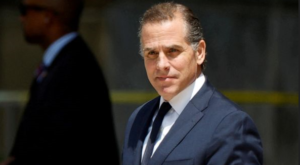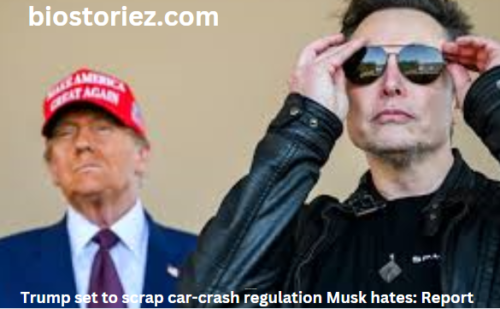What did Hunter Biden do and what is a presidential pardon
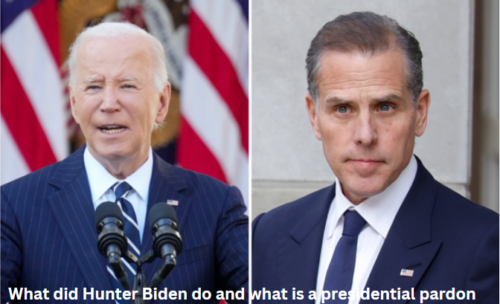
Hunter Biden Pardon: What Happened and Its Implications
Hunter Biden, the son of President Joe Biden, was granted a presidential pardon on December 1, 2024, in a move that has sparked widespread political and public debate. Here’s a detailed breakdown of the events leading to the pardon, the charges against him, and the broader context of presidential clemency powers.
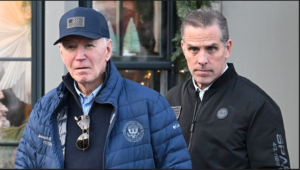
Hunter Biden’s Legal Troubles
Hunter Biden faced two federal cases before receiving his father’s pardon:
| Case | Details | Potential Penalty |
|---|---|---|
| Gun Charges | Convicted in June 2023 of lying about his drug use on a federal form when purchasing a handgun. | Up to 25 years in prison |
| Tax Case | Pleaded guilty in September 2023 to failing to pay taxes, tax evasion, and filing false returns. | Up to 17 years in prison (9 charges) |
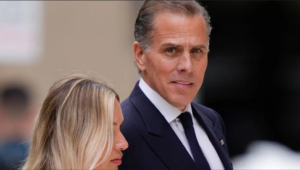
Outcome Before Pardon
Experts predicted that Hunter Biden would receive shorter concurrent sentences rather than serving the maximum penalties. However, the pardon preemptively ended all legal proceedings and restored his civil rights, including voting and holding public office.
What Is a Presidential Pardon?
A presidential pardon is a constitutional power under Article II of the U.S. Constitution. It allows the president to forgive federal crimes, effectively eliminating any legal consequences and restoring certain civil rights. The key features of this power include:
- Scope: Only applies to federal offenses; state-level crimes are not eligible.
- Timing: This can be issued before or after sentencing.
- Effect: Ends punishment and clears the legal record.
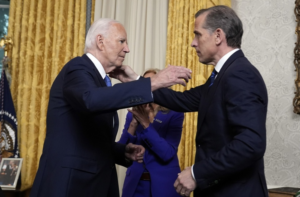
In Hunter Biden’s case, the pardon was “full and unconditional” and covered potential federal crimes committed between January 2014 and December 2024.
Controversy Surrounding the Pardon
President Joe Biden’s decision to pardon his son has led to significant political backlash. Critics, including former President Donald Trump, labeled the move an “abuse of power” and argued it undermines the justice system’s impartiality.
Historical Context
While controversial, presidential pardons for close associates or family members are not unprecedented:
| President | Recipient | Relation | Offense | Pardon Details |
|---|---|---|---|---|
| Donald Trump (2020) | Charles Kushner | Father-in-law of his daughter Ivanka | Tax evasion, witness tampering, campaign finance violations | Pardoned after serving a 2-year sentence |
| Bill Clinton (2001) | Roger Clinton | Half-brother | Cocaine possession (1985 offense) | Pardoned after serving time |
| Joe Biden (2024) | Hunter Biden | Son | Gun charges and tax evasion | Pardoned before sentencing |
Political Implications
- Critics argue that this pardon is part of a trend of presidents using clemency powers to benefit close associates.
- Supporters highlight the power’s intent to correct injustices, especially in cases perceived as politically motivated.
FAQs on Presidential Pardons
1. What does a presidential pardon do?
A pardon forgives federal crimes, removes penalties, and restores civil rights like voting or running for office. It does not apply to state-level crimes.
2. Can a president pardon themselves?
The Constitution does not explicitly address self-pardons. However, a president cannot pardon state-level crimes.
3. How many pardons has President Biden issued?
As of December 2024, Biden has granted 26 pardons during his presidency, including this controversial pardon for his son.
4. Are there historical precedents for pardoning family members?
Notable examples include Donald Trump’s pardon of Charles Kushner and Bill Clinton’s pardon of his half-brother, Roger Clinton.
Conclusion
Hunter Biden’s pardon highlights the complexities and controversies surrounding using presidential clemency powers. While it aligns with a history of pardons for close family and associates, it has reignited debates over justice, fairness, and political influence in the U.S. legal system. Whether the move impacts President Biden’s political legacy remains to be seen.
